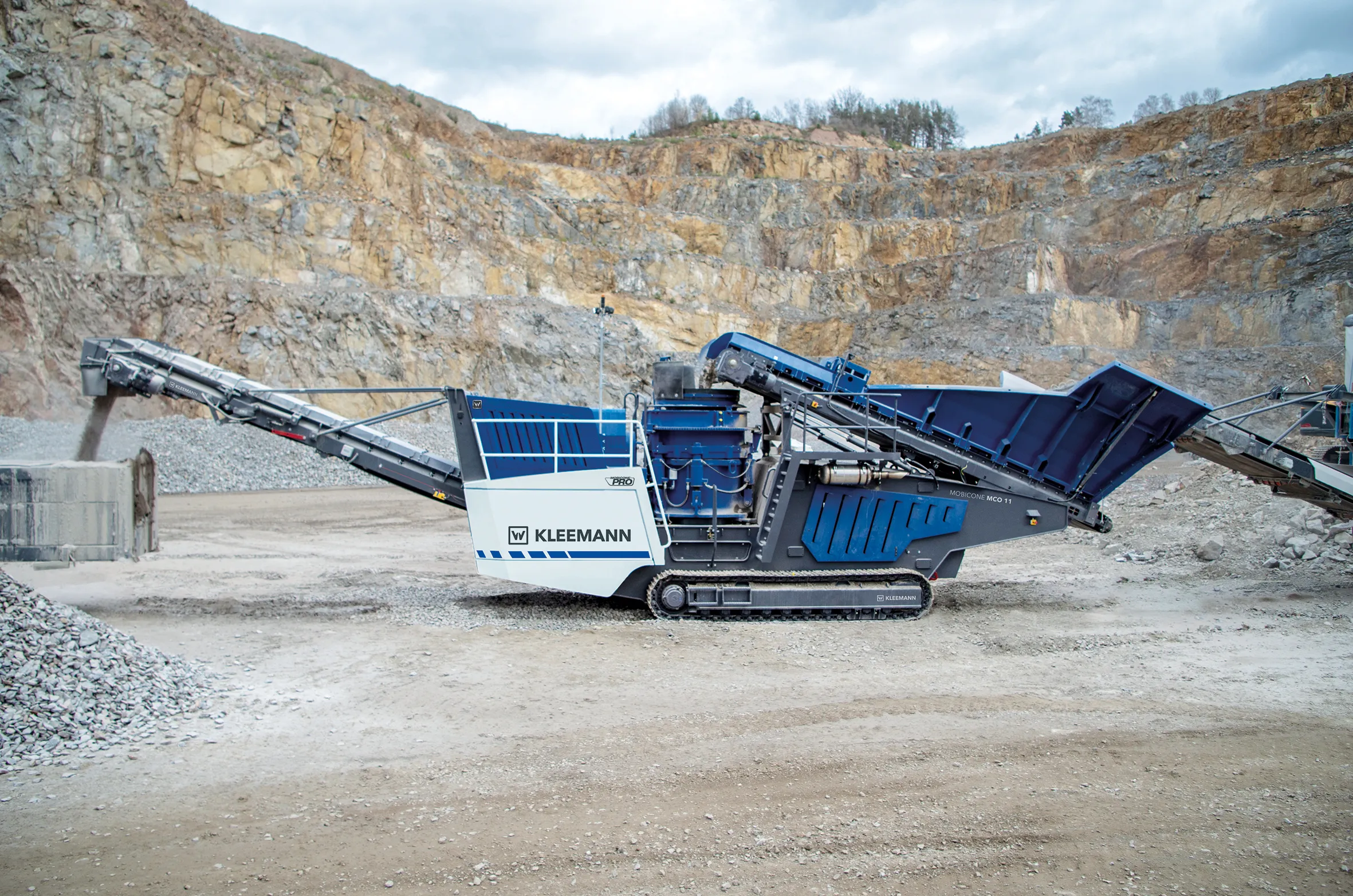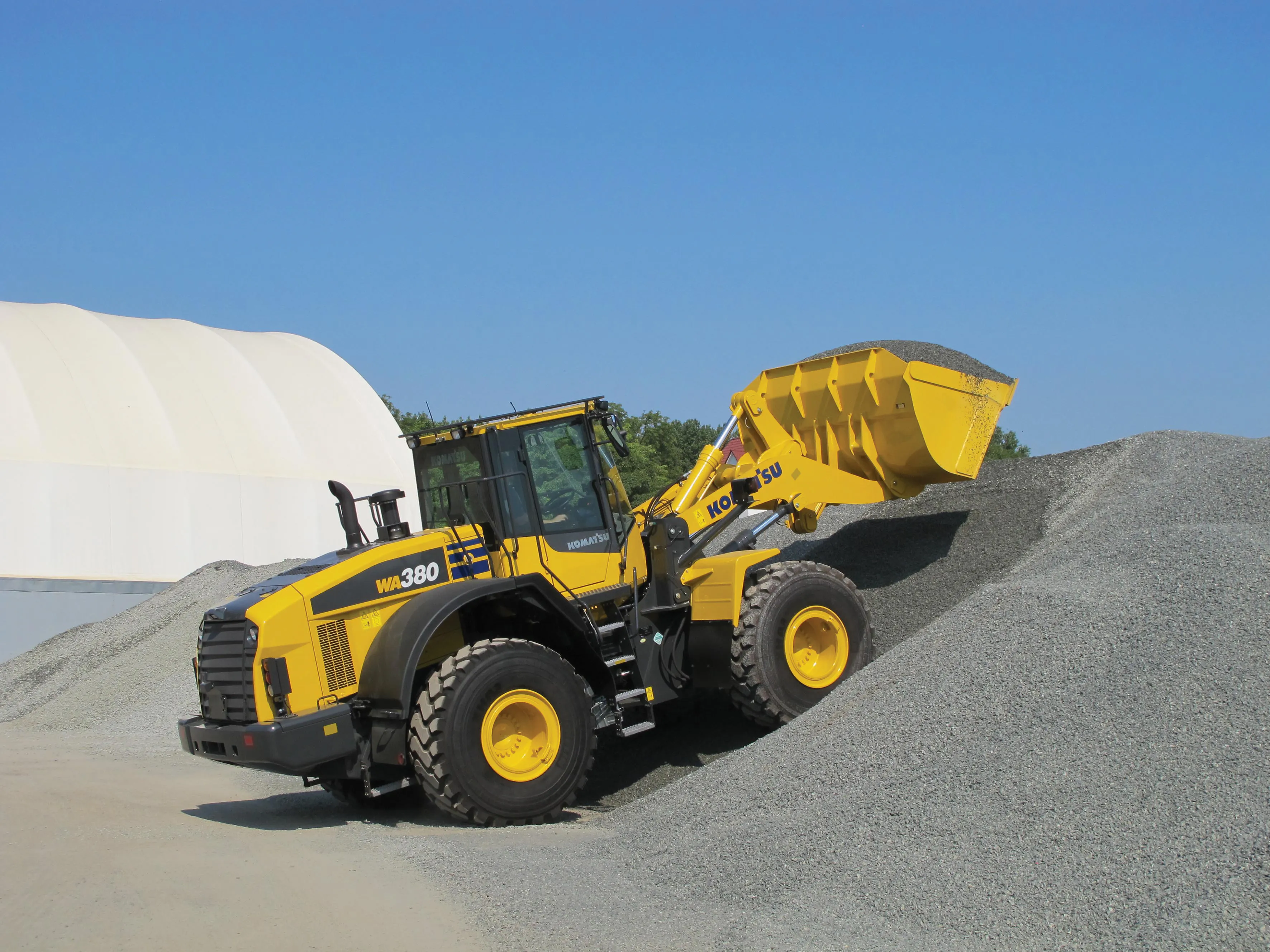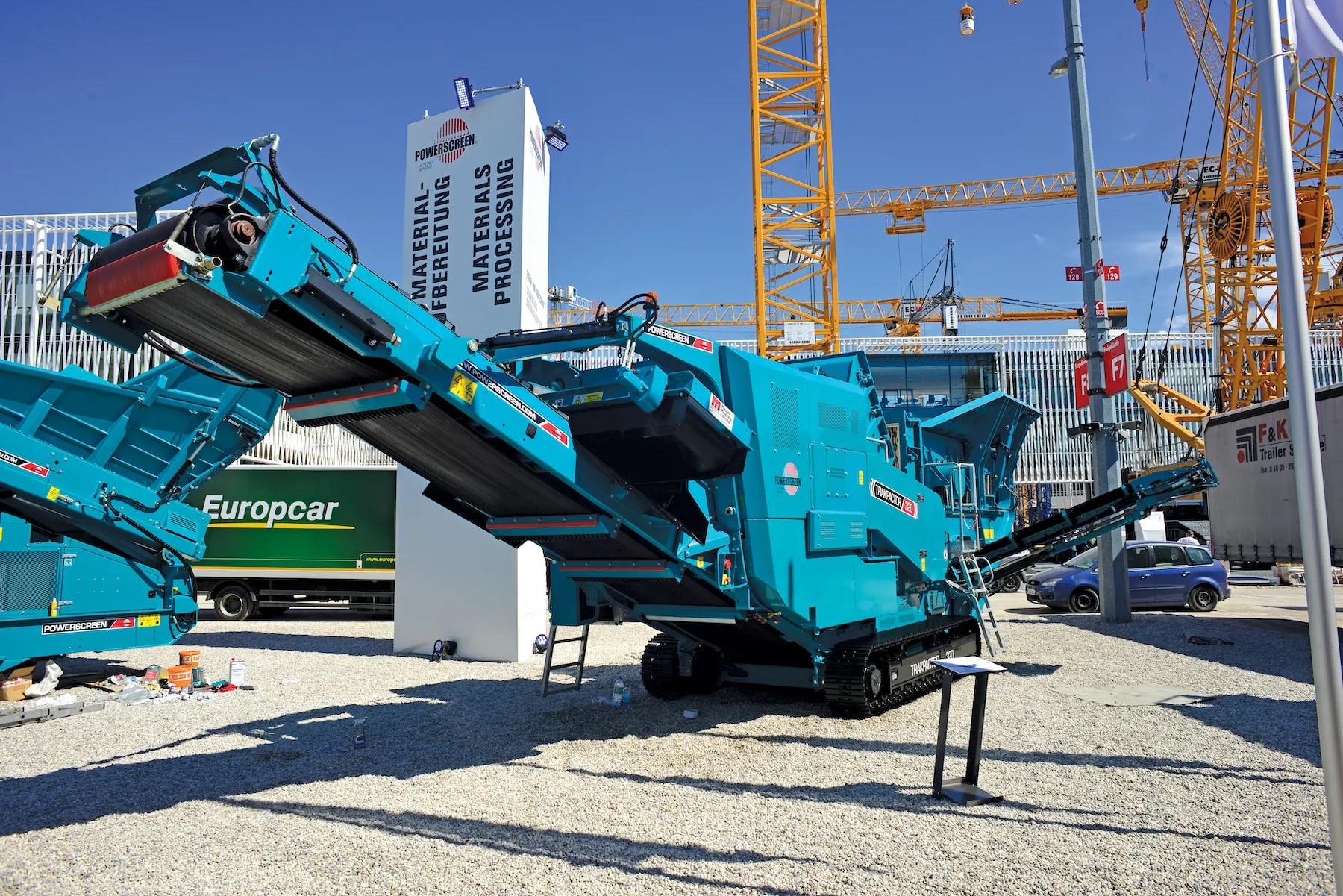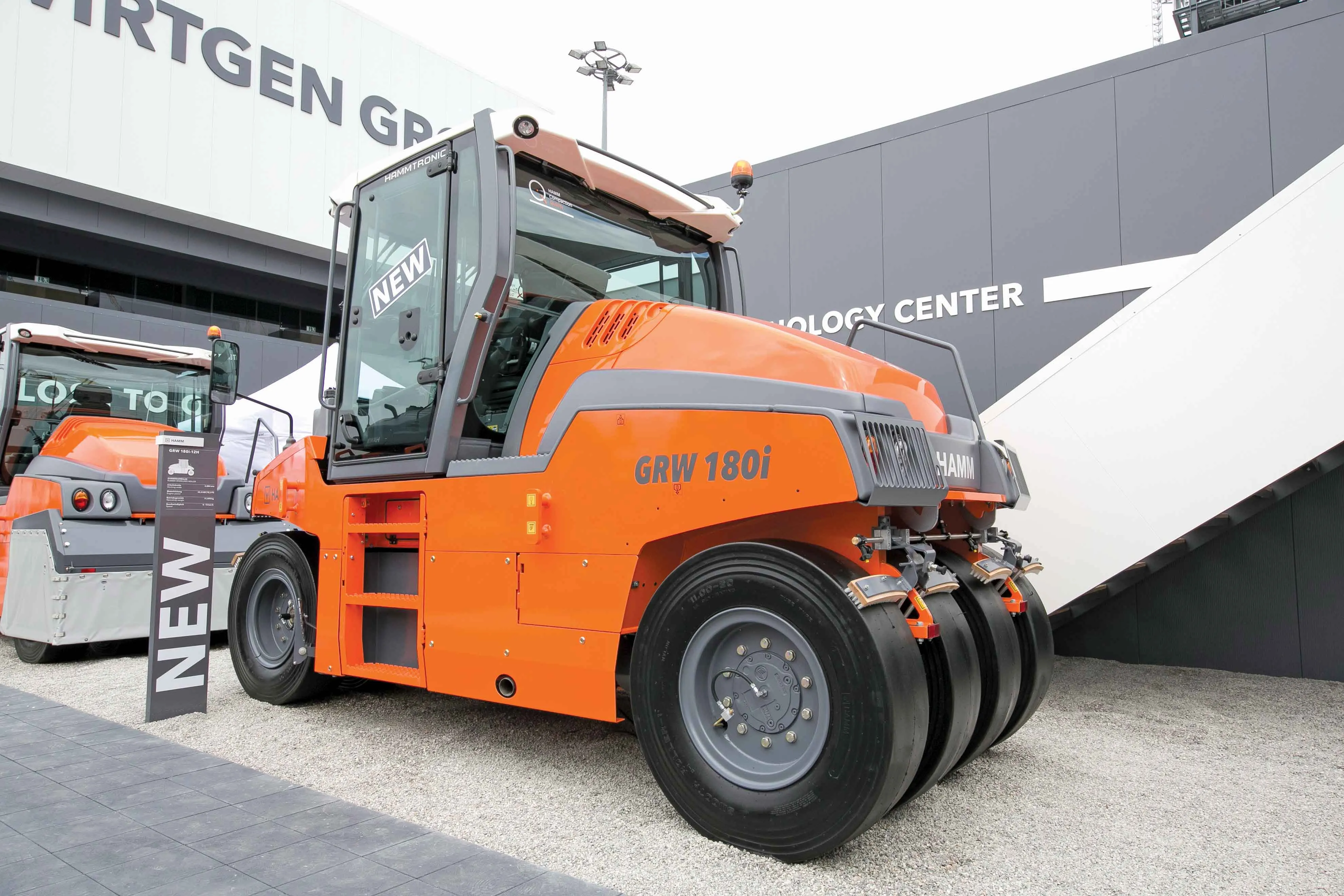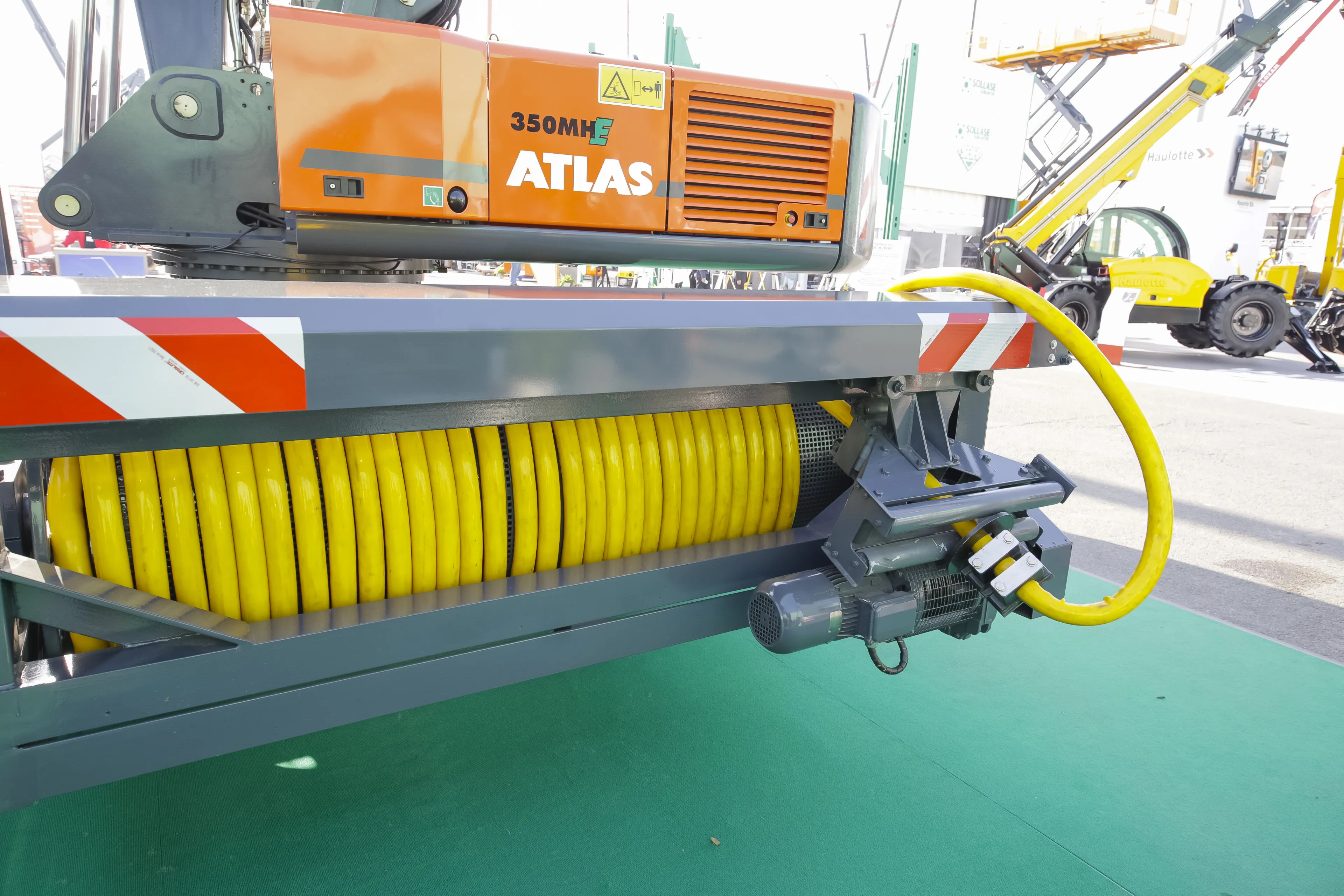
Atlas is introducing its all-electric material handler, the 350MH E, a slightly remodelled version of the company’s best-selling and proven diesel-powered 350MH.
The 35tonne electric version is powered by a 170kW engine. The 132kW main drive powers the master hydraulic system with a separate drive for pilot control and steering. The engine needs slight inspection and greasing maintenance every 10,000 working hours.
Because the machine is electric, it needs only one cooling fan which, at the flick of a switch, is also reversible to blow out the collected dust and grit caught by the unit.
Because the cabin is integrated into the upper superstructure of the machine, many similar parts are shared between the all-electric model and the standard diesel version. The cab has an automatic cooling system for stable climate control for the operator.
Atlas has greatly improved the rear mounted cable reel, often an operational issue. On the Atlas unit the 80m cable is under slight tension, similar to that on a household vacuum cleaner. The means the cable is always extracted to only the length that is needed by the machine, explained Frank Lueken, a product specialist with Atlas Maschinen.
Because the machine is electric, it needs only one cooling fan which, at the flick of a switch, is also reversible to blow out the collected dust and grit caught by the unit.


